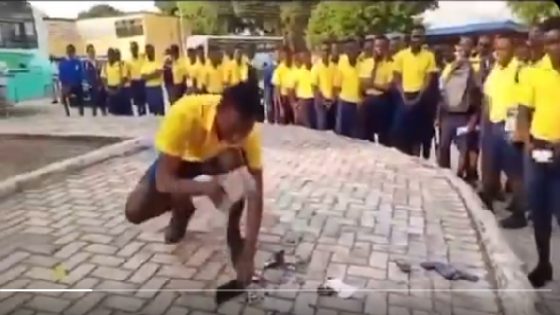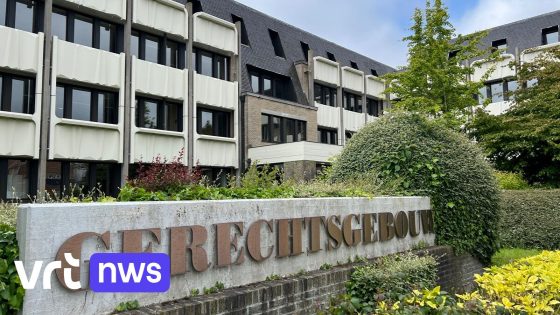On February 8, 2025, students at Pope John Senior High School and Minor Seminary were seen destroying their confiscated mobile phones during a school assembly. This drastic measure aims to discourage students from bringing prohibited cell phones into the boarding school. But why is this practice still in place when technology is so prevalent?
- Students destroy confiscated mobile phones publicly
- Action aims to discourage phone usage
- Video shared on social media platform X
- Mobile phone ban in Senior High Schools
- Selected schools allowed to pilot phone usage
- GES adapting rules to technology changes
Why Are Mobile Phones Still Prohibited in Schools Like Pope John SHS?
Is banning mobile phones in schools the right approach? At Pope John SHS, students publicly crushed their phones to set an example. This action raises questions about how schools manage technology in education.
Understanding the Policy on Mobile Phones in Ghanaian Schools
The Ghana Education Service has strict rules against mobile phone use in Senior High Schools (SHS). In interviews, officials have stated that while some schools are piloting mobile phone usage, the general rule remains prohibitive. This raises the question: how should schools adapt to the digital age?
Key Reasons for the Ban on Mobile Phones in Schools
Several reasons contribute to the ongoing ban on mobile phones in schools like Pope John SHS:
- Distraction from learning activities.
- Potential for cheating during exams.
- Cyberbullying and inappropriate content access.
- Encouraging face-to-face interactions among students.
The Debate on Technology in Education
As technology evolves, so does the debate about its role in education. Some argue that mobile phones can enhance learning, while others believe they hinder academic performance. This discussion is relevant not just in Ghana but also in U.S. schools, where technology integration is increasingly common.
What Can Schools Learn from Pope John SHS’s Approach?
Pope John SHS’s drastic measures highlight the challenges schools face in managing technology. Schools can learn valuable lessons about setting clear policies and finding a balance between technology use and academic integrity. How can schools in the U.S. adapt these lessons to their unique environments?
In conclusion, the actions taken by Pope John SHS students serve as a reminder of the ongoing struggle between technology and education. As discussions continue, schools worldwide must find effective ways to integrate technology while maintaining a focus on learning.

































